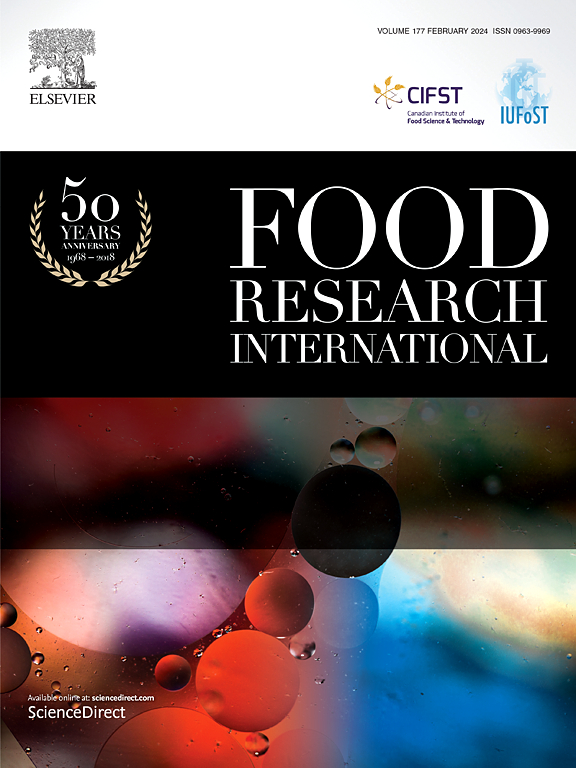Understanding food safety on sprouts and microgreens: Contamination routes, outbreaks and challenges
IF 7
1区 农林科学
Q1 FOOD SCIENCE & TECHNOLOGY
引用次数: 0
Abstract
The consumption of micro-scale vegetables, such as sprouts and microgreens, has become popular in recent years. Due to their high nutritional content and rapid production, they are becoming increasingly present in the diet. However, cultivation conditions, such as high humidity and high nutritional content, favor the development of pathogens, such as Salmonella enterica, Escherichia coli and Listeria monocytogenes. Thus, the factors that contribute to microbial contamination, and decontamination strategies were investigated in this review. Although many of these treatments have demonstrated potential in reducing microbial contamination, challenges, particularly in managing viral contamination and determining the long-term effectiveness of current approaches, remain. A critical approach is to develop more effective safety protocols and support the role of sprouts and microgreens as valuable components of a healthy diet. This will foster consumer confidence and support the continued growth of these foods.
了解豆芽和微型蔬菜的食品安全:污染途径,爆发和挑战
微型蔬菜的消费,如豆芽和微型蔬菜,近年来已成为流行。由于其高营养含量和快速生产,它们越来越多地出现在饮食中。然而,高湿度和高营养含量等培养条件有利于肠道沙门氏菌、大肠杆菌和单核增生李斯特菌等病原体的生长。因此,本文对微生物污染的影响因素和净化策略进行了综述。尽管许多这些治疗方法已证明在减少微生物污染方面具有潜力,但挑战仍然存在,特别是在管理病毒污染和确定当前方法的长期有效性方面。一个关键的方法是制定更有效的安全协议,并支持芽菜和微型蔬菜作为健康饮食的重要组成部分的作用。这将增强消费者的信心,并支持这些食品的持续增长。
本文章由计算机程序翻译,如有差异,请以英文原文为准。
求助全文
约1分钟内获得全文
求助全文
来源期刊

Food Research International
工程技术-食品科技
CiteScore
12.50
自引率
7.40%
发文量
1183
审稿时长
79 days
期刊介绍:
Food Research International serves as a rapid dissemination platform for significant and impactful research in food science, technology, engineering, and nutrition. The journal focuses on publishing novel, high-quality, and high-impact review papers, original research papers, and letters to the editors across various disciplines in the science and technology of food. Additionally, it follows a policy of publishing special issues on topical and emergent subjects in food research or related areas. Selected, peer-reviewed papers from scientific meetings, workshops, and conferences on the science, technology, and engineering of foods are also featured in special issues.
 求助内容:
求助内容: 应助结果提醒方式:
应助结果提醒方式:


